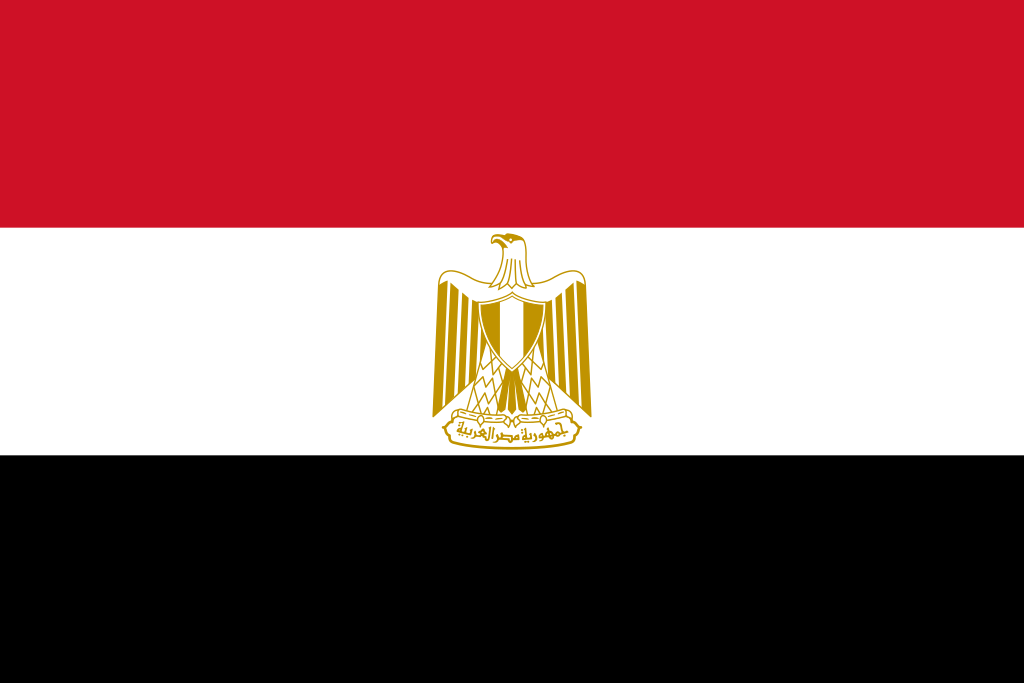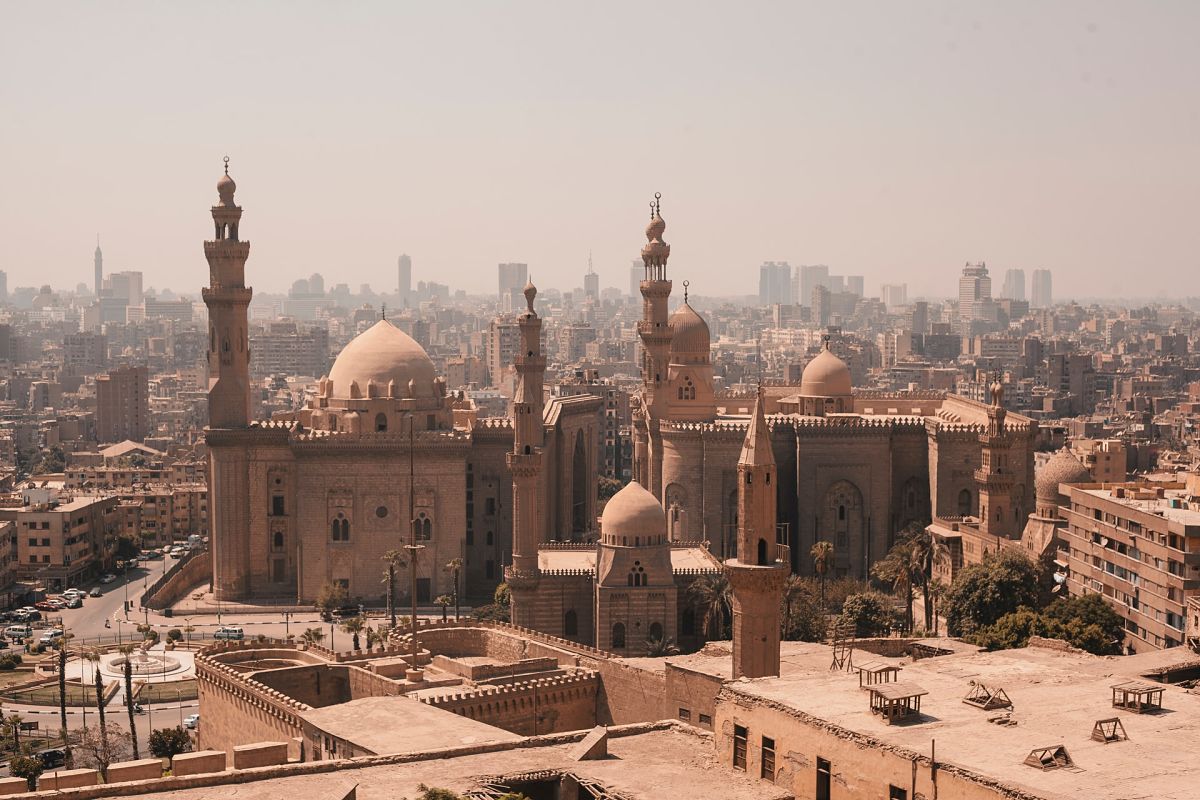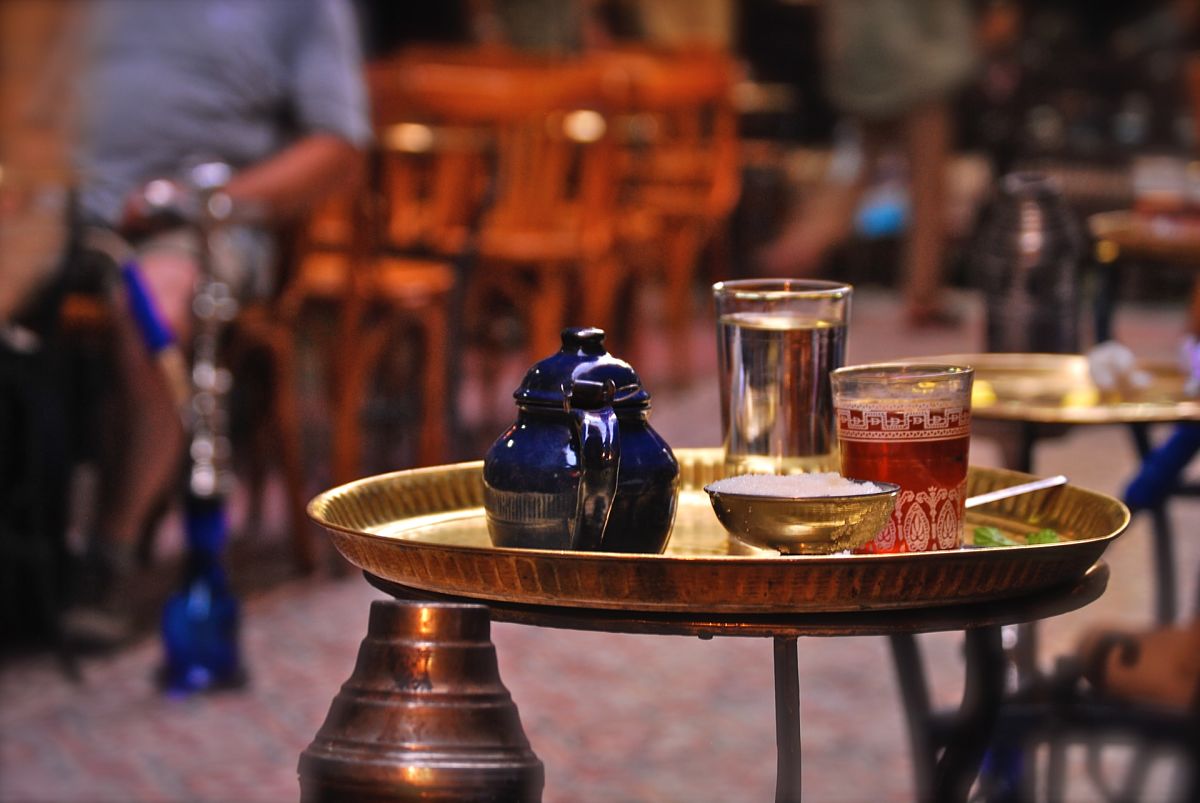Egypt - Language, Culture, Customs and Etiquette

Welcome to our guide! Perfect for anyone researching Egyptian culture, customs, manners, etiquette, values and business practices!
What will you learn about Egypt in this guide?
You will gain an understanding of a number of key areas including:
- Language
- Religion and beliefs
- Culture & society
- Social etiquette and customs
- Business protocol and work culture
Remember this is only a very basic level introduction and is not meant to stereotype all Egyptian people you may meet!
Take an Online Course About Arab Culture
If you're interested in Arab culture, then you will love our course on the Middle East! It has lots about Egypt!
We have a free version you can watch here, or you can upgrade if you want all the business info.
Facts and Statistics
- Location: North East Africa bordering Palestine (Gaza Strip) 11 km, Israel 266 km, Libya 1,115 km, Sudan 1,273 km
- Capital: Cairo
- Climate: desert; hot, dry summers with moderate winters
- Population: 86,895,099 (2014 est.)
- Ethnic Make-up: Eastern Hamitic stock (Egyptians, Bedouins, and Berbers) 99%, Greek, Nubian, Armenian, other European (primarily Italian and French) 1%
- Religions: Muslim (predominantly Sunni) 90%, Christian 10% (majority Coptic Orthodox; other Christians include Armenian Apostolic, Catholic, Maronite, Orthodox, and Anglican) [2015 est.]
- Government: republic
- Business Culture: Ranked 45th in The Business Culture Complexity Index™
Language in Egypt
For almost 13 centuries Arabic has been the written and spoken language of Egypt.
Before the Arab invasion in AD 639, Coptic, the language descended from ancient Egyptian, was the language of both religious and everyday life for the mass of the population; by the 12th century, however, it had been totally replaced by Arabic, continuing only as a liturgical language for the Coptic Orthodox Church.
Arabic has become the language of both the Egyptian Christian and Muslim. The written form of the Arabic language, in grammar and syntax, has remained substantially unchanged since the 7th century.
In other ways, however, the written language has changed the modern forms of style, word sequence, and phraseology are simpler and more flexible than in classical Arabic and are often directly derivative of English or French.

A view over Cairo. Photo by Omar Elsharawy on Unsplash
Egyptian Society & Culture
Islam in Egypt
Islam is practised by the majority of Egyptians and governs their personal, political, economic and legal lives.
Islam emanated from what is today Saudi Arabia. The Prophet Muhammad is seen as the last of God's emissaries (following in the footsteps of Jesus, Moses, Abraham, etc) to bring revelation to mankind. He was distinguished with bringing a message for the whole of mankind, rather than just to a certain peoples. As Moses brought the Torah and Jesus the Bible, Muhammad brought the last book, the Quran. The Quran and the actions of the Prophet (the Sunnah) are used as the basis for all guidance in the religion.
Among certain obligations for Muslims are to pray five times a day - at dawn, noon, afternoon, sunset, and evening. The exact time is listed in the local newspaper each day. Friday is the Muslim holy day. Everything is closed. Many companies also close on Thursday, making the weekend Thursday and Friday.
During the holy month of Ramadan all Muslims must fast from dawn to dusk and are only permitted to work six hours per day. Fasting includes no eating, drinking, cigarette smoking, or gum chewing.Expatriates are not required to fast; however, they must not eat, drink, smoke, or chew gum in public. Each night at sunset, families and friends gather together to celebrate the breaking of the fast (iftar). The festivities often continue well into the night. In general, things happen more slowly during Ramadan. Many businesses operate on a reduced schedule. Shops may be open and closed at unusual times.
Family Values
- The family is the most significant unit of Egyptian society.
- Kinship plays an important role in all social relations.
- The individual is always subordinate to the family, tribe or group.
- Nepotism is viewed positively, since it is patronage of one's family.
- The family consists of both the nuclear and the extended family.
Egyptian Honour
- Honour is an important facet of interpersonal relationships.
- Respect and esteem for people is both a right and an obligation.
- An individual's honour is intricately entwined with the reputation and honour of everyone in their family.
- Honour requires that Egyptians demonstrate hospitality to friends and guests.
- It also dictates that people dress as well as their financial circumstances allow, and show proper respect and deference to their elders and those in authority.
- A man's word is considered his bond and to go back on your word is to bring dishonour to your family.
Social Class
- Social class is very apparent in Egypt since it determines your access to power and position.
- The social class an Egyptian is born into dictates their everyday life and the opportunities they will have.
- There are three social classes: upper, middle, and lower.
- Status is defined more by family background than by absolute wealth.
- There is little social mobility.

Tea is very popular and consumed from morning till night. Photo by Omar Elsharawy on Unsplash
Etiquette & Customs in Egypt
Meeting Etiquette
- Greetings are based on both class and the religion of the person.
- It is best to follow the lead of the Egyptian you are meeting.
- Handshakes are the customary greeting among individuals of the same sex.
- Handshakes are somewhat limp and prolonged, although they are always given with a hearty smile and direct eye contact.
- Once a relationship has developed, it is common to kiss on one cheek and then the other while shaking hands, men with men and women with women.
- In any greeting between men and women, the woman must extend her hand first. If she does not, a man should bow his head in greeting.
Gift Giving Etiquette
- If you are invited to an Egyptian's home for dinner, bring good quality chocolates, sweets or pastries to the hostess.
- Do not give flowers, which are usually reserved for weddings or the ill, unless you know that the hosts would appreciate them.
- A small gift for the children shows affection.
- Always give gifts with the right hand or both hands if the gift is heavy.
- Gifts are not opened when received.
- Read more about gift giving etiquette in the Arab world
Dining Etiquette
If you are invited into an Egyptian's house:
- You would normally remove your shoes before entering.
- Dress well and conservatively. Appearances are important to Egyptians.
- Compliment the host on the house.
Table manners
- Wait for the host or hostess to tell you where to sit.
- Eat with the right hand only.
- It is considered a sincere compliment to take second helpings.
- Always show appreciation for the meal.
- Salting your food is considered 'unnecessary'.
- Leave a small amount of food on your plate when you have finished eating. Otherwise they will keep filling it up for you!
- Food and hospitality are central to the Egyptian way of life.
Camels awaiting more tourists in Giza. Photo by Omar Elsharawy on Unsplash
Business Etiquette and Protocol in Egypt
If you're looking for expert help and advice on how to work effectively with Egyptians, then this is what we do!
Click here to learn more about our customized cultural training.
Relationships & Communication
- Egyptians prefer to do business with those they know and respect, therefore expect to spend time cultivating a personal relationship before business is conducted.
- Who you know is more important than what you know, so it is important to network and cultivate a number of contracts.
- Expect to be offered coffee or tea whenever you meet someone, as this demonstrates hospitality. Even if you do not take a sip, always accept the beverage. Declining the offer is viewed as rejecting the person.
- Since Egyptians judge people on appearances wear good quality conservative clothes and present yourself well at all times.
- Egyptians believe direct eye contact is a sign of honesty and sincerity, so be prepared for disconcertingly intense stares.
- Egyptians are emotive and use hand gestures when they are excited. In general, they speak softly, although they may also shout or pound the table. This is not indicative of anger; it is merely an attempt to demonstrate a point.
- You should demonstrate deference to the most senior person in the group, who will also be their spokesperson. This is a country where hierarchy and rank are very important.
Business Meeting Etiquette
- Appointments are necessary and should be made in advance.
- Confirm the meeting one week in advance, either in writing or by telephone.
- Reconfirm again a day or two before the meeting.
- Meetings are generally not private unless there is a need to discuss matters confidentially. In general, Egyptians have an open-door policy, even when they are in a meeting.
- This means you may experience frequent interruptions. Others may even wander into the room and start a different discussion. You may join in, but do not try to bring the topic back to the original discussion until the new person leaves.
- High- level government officials often adhere to more western business practices and hold private meetings without interruptions
- Business meetings generally start after prolonged inquiries about health, family, etc.
- If you send an agenda and presentation materials in advance of the meeting, send both an English and Egyptian Arabic translation.
Your experience of doing business in Egypt will have a lot to do with the generation of person you're working with. Younger Egyptians are very savvy and less formal. Photo by Yassin Mohamed on Unsplash
Business Negotiation
- The social side of business is very important. Egyptians must know and like you to conduct business.
- Personal relationships are necessary for long-term business.
- Business is hierarchical. The highest ranking person makes decisions, after obtaining group consensus.
- Decisions are reached after great deliberation.
If the government is involved, discussions will take even longer since approval must often be given by the ministers of several departments. - Business moves at a slow pace. The society is extremely bureaucratic. It may take several visits to accomplish a simple task.
- It is advisable to include older people with impressive titles in your team since Egyptians respect age and experience.
- Expect a fair amount of haggling. Egyptians seldom see an offer as final.
- Egyptians do not like confrontation and abhor saying 'no'. If they do not respond, it usually is a negative sign.
- Always include research and documentation to support your claims.
- Do not use high-pressure tactics.
- Egyptians are tough negotiators.
Dress Etiquette
- Business attire is formal and conservative. Dress well if you want to make a good impression.
- Men should wear dark coloured, lightweight, conservative business suits, at least to the first meeting.
- Men should avoid wearing visible jewellery, especially around the face and neck.
- Women must be careful to cover themselves appropriately.
- Skirts and dresses should cover the knee and sleeves should cover most of the arm.
Business Cards
- Business cards are given without formal ritual.
- Have one side of your card translated into Egyptian Arabic.
- Always hand the card so the recipient may read it.
- Make a point of studying any business card you receive before putting into your business card case.
Management
- Read our guide to Egyptian Management Culture for specific information on being a manager in Egypt.
Do you need to cite this page for school or university research?
Please see below examples.
Simply change the country name depending on which guide you are referencing.
MLA Format:
Commisceo Global Consulting Ltd. Afghanistan - Language, Culture, Customs and Etiquette. www.commisceo-global.com. 1 Jan. 2020 https://commisceo-global.com/resources/country-guides/afghanistan-guide
APA Format:
Commisceo Global Consulting Ltd. (2020, January 1) Afghanistan - Language, Culture, Customs and Etiquette. Retrieved from https://commisceo-global.com/resources/country-guides/afghanistan-guide
Harvard Format:
Commisceo Global Consulting Ltd. (2020). Afghanistan - Language, Culture, Customs and Etiquette. [online] Available at: https://commisceo-global.com/resources/country-guides/afghanistan-guide [Accessed ENTER DATE].

 +44 0330 027 0207 or +1 (818) 532-6908
+44 0330 027 0207 or +1 (818) 532-6908



